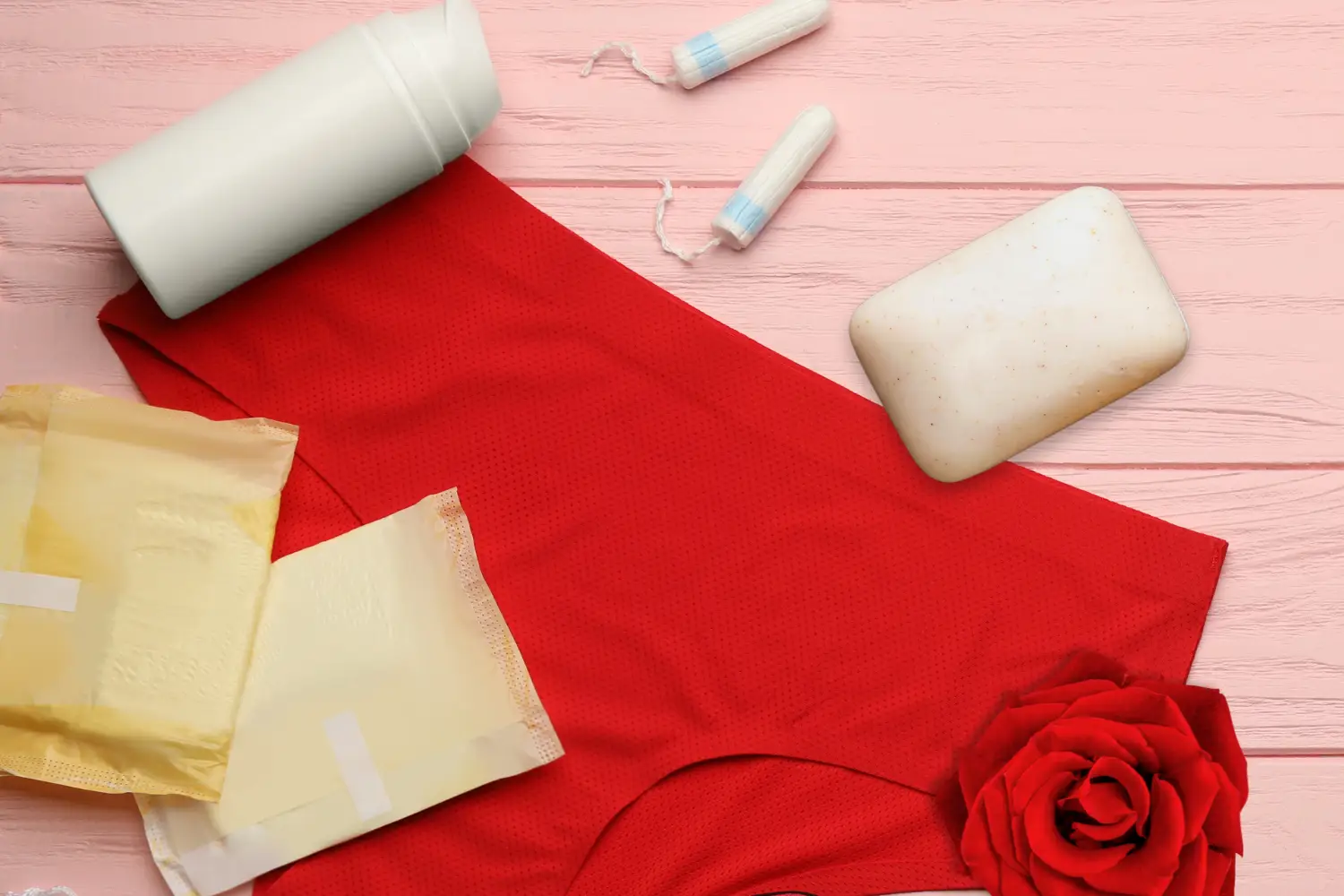

When washing the genital area, opt for gentle, fragrance-free cleansers specifically formulated for intimate use. Avoid using harsh soaps or douches, as they can disrupt the natural balance of bacteria in the vagina and increase the risk of infection.
Make it a habit to wash the genital area daily, preferably during your shower or bath. Gently cleanse the area with warm water and mild soap, paying attention to folds and creases where bacteria can accumulate.
Avoid using products that contain harsh chemicals, fragrances, or dyes in the genital area. These can cause irritation and disrupt the natural pH balance, leading to discomfort and increased susceptibility to infections.
Choose underwear made from breathable, natural fabrics like cotton, which allows air to circulate and helps keep the genital area dry. Avoid tight-fitting clothing, as it can trap moisture and create an environment conducive to bacterial growth.
Change your underwear daily and after exercising or sweating excessively. Wearing damp or soiled underwear for extended periods can increase the risk of fungal and bacterial infections.
Use condoms consistently and correctly to reduce the risk of sexually transmitted infections (STIs). Communicate openly with your partner about STI testing and sexual health to ensure mutual protection.
When using the bathroom, always wipe from front to back to prevent bacteria from the anal area from spreading to the vagina or urethra. This simple practice can help reduce the risk of urinary tract infections (UTIs) and other infections.
Drink plenty of water to help flush out toxins and maintain hydration levels. Adequate hydration is essential for overall health, including the health of the urinary tract and genital area.
Avoid using scented tampons, pads, or panty liners, as they can cause irritation and disrupt the natural pH balance of the vagina. Opt for unscented products made from natural materials to reduce the risk of irritation and infection.
Pay attention to any changes or unusual symptoms in the genital area, such as itching, burning, unusual discharge, or odor. If you experience any discomfort or notice any abnormalities, consult a healthcare professional for proper evaluation and treatment.
Maintaining a healthy intimate hygiene routine is crucial for overall health and well-being. By following these tips, you can help prevent infections, reduce discomfort, and promote confidence and comfort in your intimate area. Remember to prioritize gentle cleansing, proper hygiene practices, and regular monitoring of any changes or symptoms to ensure optimal intimate health.
Ripacom Moontide Inc. is an independent company that accepts sponsorships from some brands on this site, including the products ranked number one.
In addition, we receive compensation from certain companies whose products are featured on this website when you purchase a product using the links on this website.